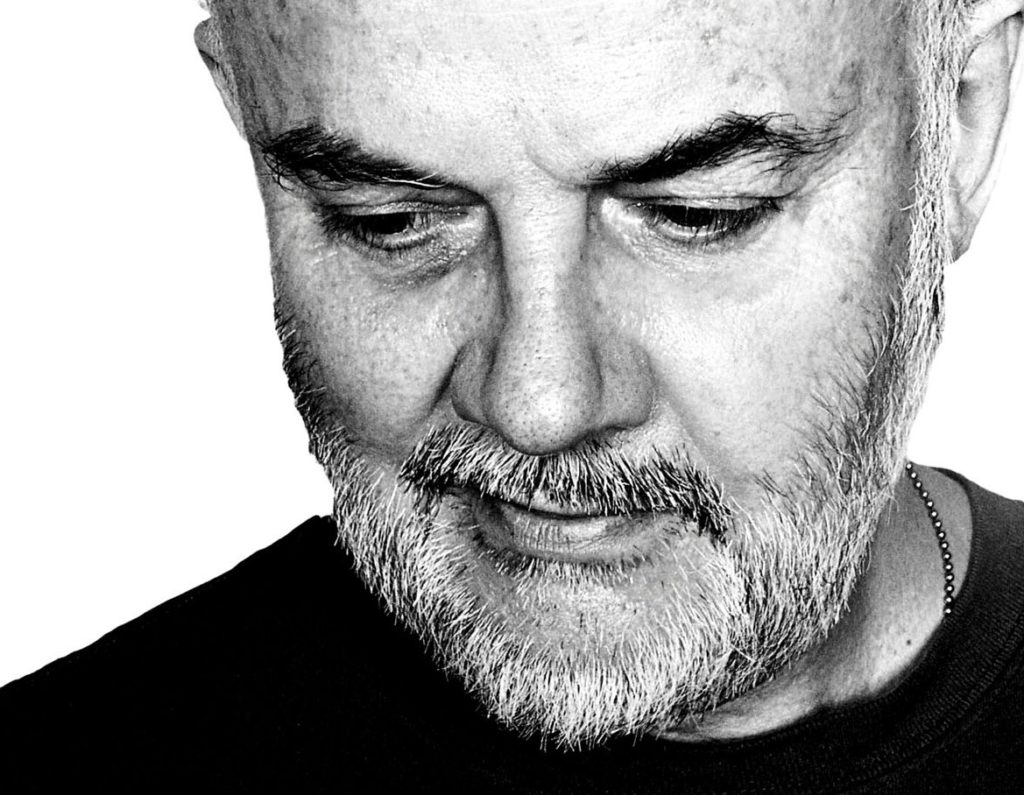“You’ll never get a job looking like that.”
Rob Da Bank grins as he recounts his father’s deeply unimpressed reaction to first seeing one of the modern music biz’s most famous barnets.
In a way, the old man was absolutely right.
Rob hasn’t got a job. He’s got about 50.
He’s a celebrated DJ, broadcaster, label owner, producer and festival promoter who does a spot of music supervision and film score composition on the side.
Rob might have got an ear-bashing for his sartorial choices as a teen, but today the Sunday Best pioneer is thankful that his dad was responsible for his musical grounding.
“I played the trombone in my father’s brass band for 12 years, which was great,” he tells The Independent Echo.
“I was literally playing in brass band concerts during the days, then going to Pixies gig in the evenings.
“I love the fact my dad made me, my brother and my sister do it. It sounds stupid now but it gave me my musical education.”
It’s been 20 years since Da Bank’s Sunday Best was launched as a club night at The Tea Rooms in Clapham, South London.
Starting out as a member of the bar staff who dabbled on the decks, Rob’s path to music biz prominence was set when a now-AWOL friend, Ben, cemented his DJ name.
“I really wish it was a cooler story,” says the man lesser-known as Robert Gorham.
“Rob The Bank. That’s literally how it all started – as a slightly terrible pun.”
Da Bank went on to become a respected DJ on BBC Radio 1, schooled under John Peel, before jumping ship for 6Music last year.
As a festival promoter, he has built Bestival up to create the only real independent rival to Glastonbury in the UK market. (Rob credits his wife, Josie, with being the “creative visionary” behind Bestival’s uniquely playful look and feel.)
There’s also Camp Bestival in Dorset each July, plus a new two-day live event, Common People, in Southampton – recently headlined by Fatboy Slim and Grace Jones.
But more than anything, The Independent Echo is here to talk about Sunday Best Recordings – the record label Rob set up all the way back in 1997.
And to do that, we need to bring in Sarah Bolshi.
Rob almost entirely credits Sarah with bringing his label business to a point of financial security.
And in terms of A&R, the duo are clearly a killer combination: over the course of 18 years, they have signed acclaimed artists such as Valerie June, Kitty, Daisy & Lewis, Lucky Elephant and Dan Le Sac vs. Scroobius Pip, forging Sunday Best’s reputation as a diverse music house with exceptional taste.
Then there’s those records by none other than David Lynch. We’ll come on to those in good time.
[PIAS]’s Kenny Gates sat down with Rob and Sarah to get a feel for a multi-functional business with a love for extraordinary creative talent…
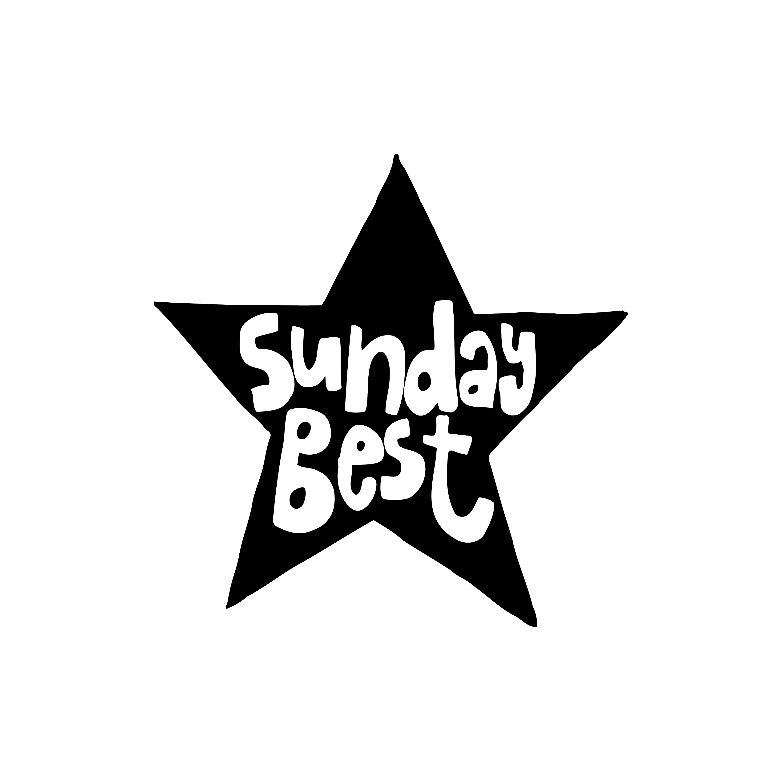 Sunday Best is many things to many people, but how did it become a label?
Sunday Best is many things to many people, but how did it become a label?
Rob: I was running my little club night called Sunday Best, coming across artists that didn’t have a label and thought it would be good to put out a little compilation.
Someone suggested I should talk to Sarah, who was running Bolshi Records [under Jazz Summers] at the time. Basically, Sarah knew what she was doing and I didn’t!
“Basically, sarah knew what she was doing and I didn’t!”
She helped me put out the compilation and we started Sunday Best Recordings there and then in 1997.
Sarah has pretty much run the label from day one. I literally just do some A&R and the pretty bits on top – although recently Sarah was the one who spotted Valerie June.
Sarah: I started out at Phonogram, went to Warner, and then to Big Life – working with Jazz Summers who’s been a massive influence on me. I started Bolshi Records as a breakbeat label. We put out 12-inches.
Then Big Life [the label] sadly went into administration in 1999 and Rob and I started working together. With Ben [Turner, the third partner in Sunday Best] in the mix as well, we became a really strong force.
Over the past 13 years in particular, working with [PIAS], we’ve really built up a catalogue at Sunday Best – we’ve put out nearly 200 singles and 70 albums.
Are your festival and record labels run independent of one another?
Rob: Kind of. I started the club, which turned into Sunday Best Recordings and then into Bestival.
It’s all tied in – there’s a Sunday Best shop at Bestival, nearly all of our [recorded] artists play at Bestival or Camp Bestival.
Now we’ve got the new Bestival show in Toronto and Common People too.
Why did you start Sunday Best in the first place?
Rob: In 1995 in the club scene in England and Europe, there was a lot of trance and techno – very heavy parties – and then typically there was the ambient chillout room. I wanted to morph the two things.
You’d go to a club and it was a very dark, banging space with loud music, but there was nothing funky, nothing leftfield. That’s where Sunday Best came from. It’s very freestyle, anything goes.
“I’m proud of how diverse sunday best has been.”
That’s my philosophy on the radio, it doesn’t matter if it’s heavy metal or classical, and it’s the same for Bestival and for the label.
When you look at 4AD or Bella Union, you know, ‘Oh that’s a 4AD or Bella Union record.’ But I’m proud of how diverse Sunday Best has been, and I hope ‘Sunday Best people’ who’ve bought lots of our records over the years can see there’s a thread between them.
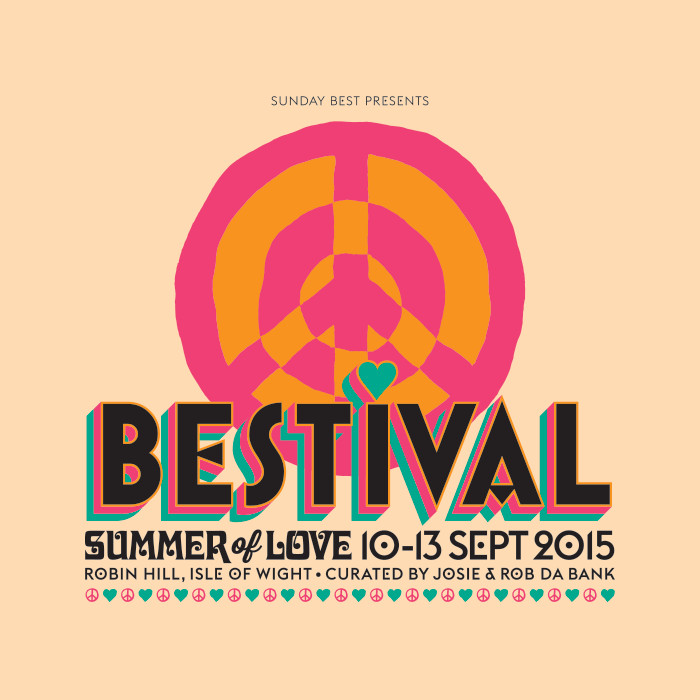 Why is it important to you to run a festival as an independent?
Why is it important to you to run a festival as an independent?
Rob: Sunday Best is 100% independent, and it’s the same for Bestival. We don’t answer to anyone, which is kind of nice. I think that’s really crucial.
We decide what the artwork is for the records; we decide if we should book The Cure, Amy Winehouse, Stevie Wonder, Elton John. We know what works.
It’s nice to have no ties. The downside of that is that it’s a struggle. The festival and the label have been through very hard financial times and I’m happy to say that with the label particularly, under Sarah’s guidance, I’m very optimistic that we’ll carry on our upwards trajectory over the next five years.
I started the label as a complete hobby and if it had folded after five releases I’d have been fairly happy.
I remember saying to Sarah about ten years ago, maybe it’s time to wind this up. And she said: ‘No, no, no, no, no!’
Sarah: It’s tough when you’re an independent. We fund ourselves. You invest with passion in your releases. Every release is the same for us; it’s a priority.
We put as much love and investment – emotional and monetary – into everything we do. But with a strong catalogue now, we’re in a good space.
It’s not a hobby anymore, it’s a proper going concern.
Rob: Some of Sarah’s time is certainly spent looking at the books. People who think those of us running festivals are making millions are wrong. It’s a really heavy financial risk.
I can’t believe we’ve sold 150,000 worldwide of the first Kitty, Daisy and Lewis album, it blows me away.
It’s a bit like Bestival, we started at 4,000 people – now we’re at 55,000 people.
In the festival world, do you perceive the Live Nations and AEGs as the ‘majors’?
Rob: It’s an exact mirror image. The AEGs and Live Nations are buying up more and more of the independents, just like the major record companies did.
But we’re all glass half-full people; I love the competitiveness of the festival market.
“I love the competitiveness of the festival market.”
There’s maybe 700 or 800 festivals now in the UK, and every year it’s a fight.
With Bestival, if we don’t sell 50,000 tickets, we’ll go bankrupt within two months. With Sunday Best it’s not like that – if the new Kitty, Daisy and Lewis album only sells 20,000, we’ll keep ticking over. The festival market is definitely more stressful.
Are you frustrated by the BBC’s coverage of Glastonbury – it doesn’t seem to really cover other festivals?
Rob: I’ve got two hats on here because I was a Radio 1 DJ for 12 years, and I still am with 6Music; I think their coverage of festivals is great.
But on the other hand, yes, I started the Association of Independent Festivals about six years ago and that now has 55,000 members; those guys are crying out for the BBC to come and film their festival, even just five minutes.
I think the coverage of Glastonbury is incredible, but I feel the BBC needs to widen its scope. Reading & Leeds – do we really need to see that every year?
You recently brought the Bestival brand into Canada in Toronto. What’s the grand plan?
Rob: I don’t have grand plans – I have happy accidents! Sunday Best Recordings, meeting Sarah, that was a happy accident.
We’ve spent 12 years turning down offers to do festivals in other parts of the world – China, South America, France – and then finally SFX presented us a site in Canada and stepped in as our partners.
“I don’t have grand plans, I have happy accidents!”
They’re obviously a huge conglomerate who run a lot of festivals. In a way that’s not my ethos, but they have the best sites and they have bought up a lot of it. In North America, they’re the guys to work with.
Toronto was a great success – it could have fallen flat on its face but they loved it. They want to do some more shows with us. But we don’t sit in a board room saying: ‘Let’s go into this country or that country.’ It’s more organic.
You don’t do Powerpoint presentations about your next five years?
Rob: Ha! No! I’d love to be that organised. But it’s more a bit of email, bit of phone and hanging out as friends.
With the label about eight years ago, I kind of owned it so just said: ‘Hey, let’s split this.’
So we split it three ways [between Rob, Sarah and Ben]. Same with the publishing.
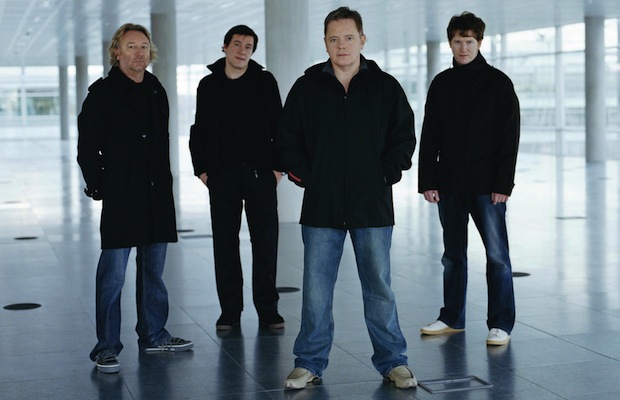 What was the first ever live show you attended?
What was the first ever live show you attended?
Sarah: Mine was New Order in Hemel Hempstead when I was 14. My boyfriend took me. I still love New Order so I’m quite happy with that one!
Rob: I don’t know if it was the first one, but the Pixies at Portsmouth Guildhall when I was 15 – I went in my school uniform.
I remember turning up outside backstage and Black Francis and Kim Deal got out of the tour van – I was shouting, “Kim, Kim!” She turned round and gave me a little wave.
That was a big deal for 15-year-old me. I was listening to Pixies, Mudhoney, Sonic Youth…
When you see the people going mad, crying with joy at Bestival, is that important to you?
Rob: Yes. It’s not about booking huge headliners or a money thing.
I had quite a conservative, sheltered upbringing. I played in my dad’s brass band. Brass bands and sailing, that was my youth – there was no rock and roll.
“I wasn’t a comedian at school. I didn’t play guitar. I was the party guy.”
When I was about 15 I started throwing beach parties. That was my thing.
I’d make little flyers, take down some cassettes that I’d made, steal some of the booze from my parent’s cabinet. Maybe it was my way of being popular; I wasn’t a comedian or great at playing guitar or anything. I was the party guy.
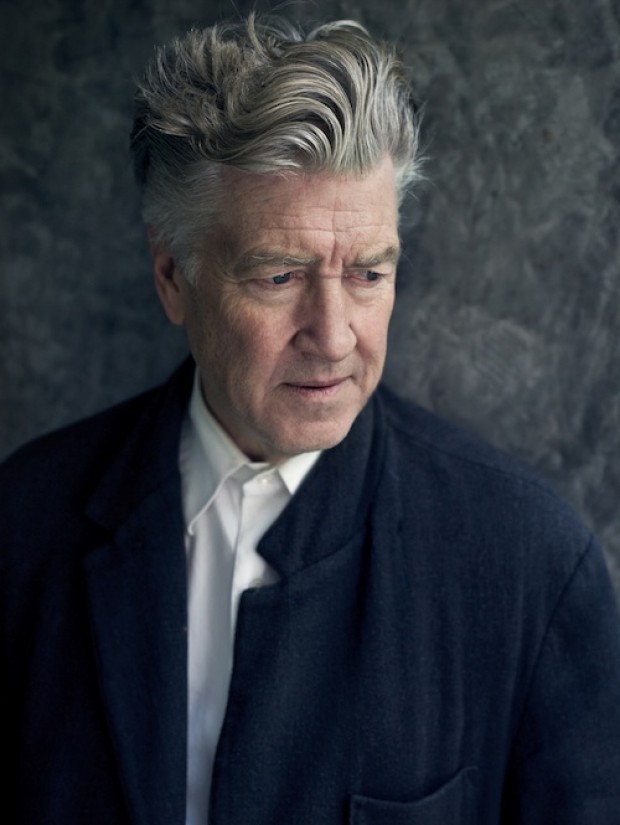 What’s been the most exciting moment of the label, and the lowest moment?
What’s been the most exciting moment of the label, and the lowest moment?
Rob: For me, going to meet David Lynch in Paris and him saying he was up for doing a record with us was a real high point.
Sarah: A high point’s hard for me to say. It always genuinely feels like a privilege to be doing what I’m doing. There’s always low points when you’re worrying about money.
Rob: We’ve had mad things like Kitty, Daisy & Lewis supporting Coldplay in the States. Musically, Coldplay aren’t really our thing, but that was pretty amazing. Valerie June on Jools Holland is another one.
Right then, how do you come to sign David Lynch?
Rob: We heard Jason Bentley play a record and we thought it was Underworld – Ben sent it to me.
Then somehow we found out it was David Lynch. So we got in touch with his people, who set up a meeting at Café De Flore in Paris.
“We could see david lynch smoking an american spirit cigarette with his quiff and his white shirt. Just… fucking david lynch.”
We got on the Eurostar at 11am on a Tuesday, got out a taxi the other side and could see David Lynch smoking an American Spirit cigarette with his quiff and his white shirt. Just… fucking David Lynch, just sat there, waiting to meet us.
It was surreal and nerve-wracking, but he was lovely and we got on.
We went to his home in Hollywood, had lunch and talked about music. He’s a complete legend and I genuinely love his records.
Do you see yourselves as being romantics?
Sarah: I am, definitely. Romance comes with passion.
Rob: That’s a good question. I think Sarah is! You can see it in the music she loves. Perhaps I’m more of a dreamer, or an unfulfilled artist.
All of my friends and my wife are video artists or graphic artists or installation artists or painters. I supposed I’m also a bit of an unfulfilled musician; if I could turn back the clock 20 years I so wish I’d have continued playing the guitar or the piano.
I went to see Fleetwood Mac recently and Lindsey Buckingham had me in tears – I’d never seen anyone play guitar so well. It’s the same to watch Prince or Stevie Wonder play the piano.
Rob, do you miss Radio 1?
Rob: I miss the old days of Radio 1. I don’t want to sound like an old curmudgeon. My peak time at Radio 1 was when John Peel was upstairs; we were in the studio playing vinyl, mixing live. It was very exciting.
Don’t get me wrong, I love the new Radio 1 studios, it’s all gone digital – you just press a button and it all happens. But I like getting involved, a bit of DIY. Radio 1 is the best radio station in the world, no doubt. It’s the place to be if you’re 18 to 24. But I’m 42!
What about the BBC job cuts – has that hit it hard?
Rob: I think it’s lost a bit of its soul, but that’s me as a 42 year old who was there for 12 years speaking. They’re going in the direction the BBC Trust is telling them to; they want to lose the festival dads.
Who are your heroes in the music business? Who inspired you?
Rob: Personally, John Peel and Michael Eavis. John Peel I listened to from when I was 14 or 15. He turned me on to The Prodigy, Public Enemy, The Pixies, The Fall and so much other stuff. I was lucky enough to work with him at Radio 1.
Then I had that weird thing where he died and I sat in and did his shows. It was incredibly surreal but an amazing learning experience. With Michael Eavis, I went to Glastonbury when I was 18 with Josie – then my girlfriend, now my wife.
We’ve been to Glastonbury 22 times every year together. It’s like our pilgrimage. It’s the best festival in the world and Michael, Emily and their family are very inspirational.
Sarah: Work-wise, I was given so much opportunity by Jazz [Summers]. He just said: ‘Start your own label,’ so I called it Bolshi Records.
I learnt so much – A&R, legal, promo, tour managing… and that was all when I was 25. As a woman back in the day, there wasn’t really anyone else doing that. That experience couldn’t be more valuable to me now.
[Jazz Summers sadly died after this interview was conducted, aged 71. Sarah has since called him “a real music man.. a tough guy but truly inspirational”.]
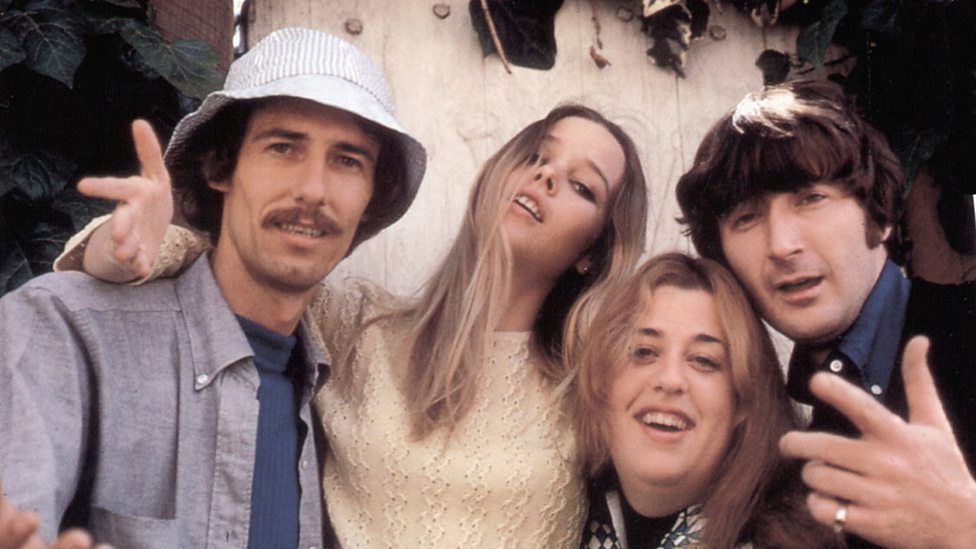 What was the view of your parents when you told them you were getting into the music industry?
What was the view of your parents when you told them you were getting into the music industry?
Sarah: Nothing. I got chucked out when I was 17! My dad didn’t like any music that was cool. I didn’t have an older brother or sister, so I made my own way.
Rob: My dad was in to Beethoven, and a tiny bit of The Beatles and Mamas and the Papas – there were 30 records in the house and 28 of them were classical.
Which was great in a way. My dad’s a doctor, and my sister and brother are much more scientific people than me.
I don’t know why I went off in this direction, but my dad was telling me when I was 18 that I wouldn’t get a job unless I cut my hair – so I was very pleased when Radio 1 signed me up and I could go fuck you, I’m on the radio!
I went off on a rebellious streak for some reason and it’s taken me this far.
Are your parents proud of you now?
Rob: Yes, very. They call me ‘Rob Da Bank’ as a family joke; my mum gets all the newspaper clippings with my name in them.
“My mum and dad call me ‘rob da bank’ as a family joke.”
And they love the festivals, they have an amazing time. That’s really cool. If you’re a boy, you tend to want your father’s approval.
Sarah: I lost my dad when I was 15, just after I got suspended from school. So he wasn’t very proud of me then… I wish he had seen what I’ve achieved.
When you’re naughty and you’ve got that reputation at school, you think you’re not going to do anything with your life.
My headteacher used to say exactly that to me. It’s not something your parents want to hear.
My mum died about five years ago, and I think she was quite happy that it all turned out okay for the black sheep.
Rob: Well I’d be very proud of Sarah if I was her father. She’s totally made Sunday Best Recordings happen. Without her it would have released five or ten records.
If you talk to Richard Russell or Martin Mills, they’ll tell you that there so many tempting opportunities where you could have given up.
“Sarah has totally made sunday best recordings happen.”
You just need that persistence, focus and energy before you get that breakthrough, and it takes years.
Sarah’s got it, thank God.
